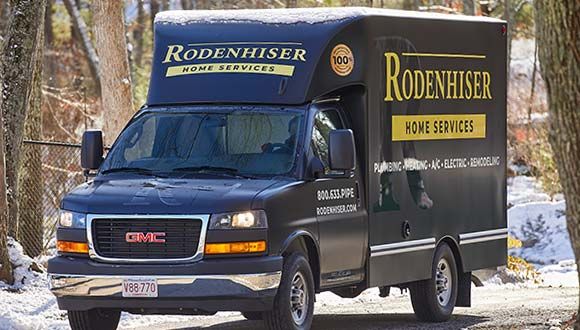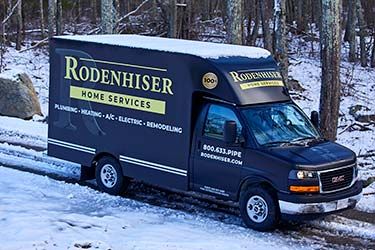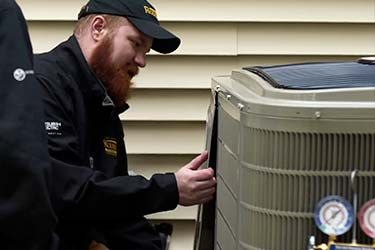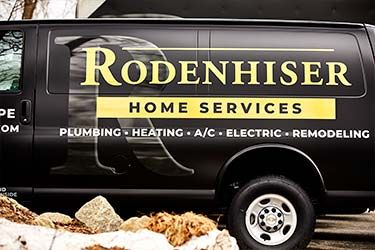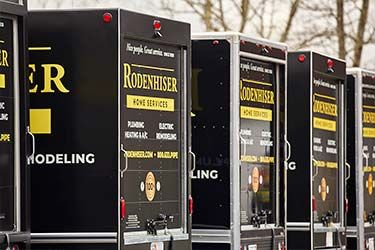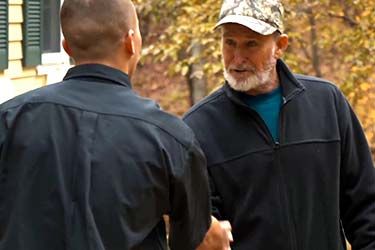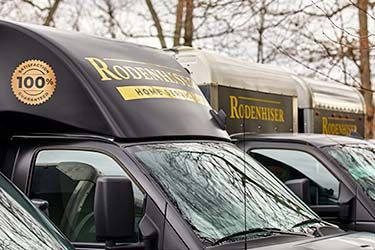
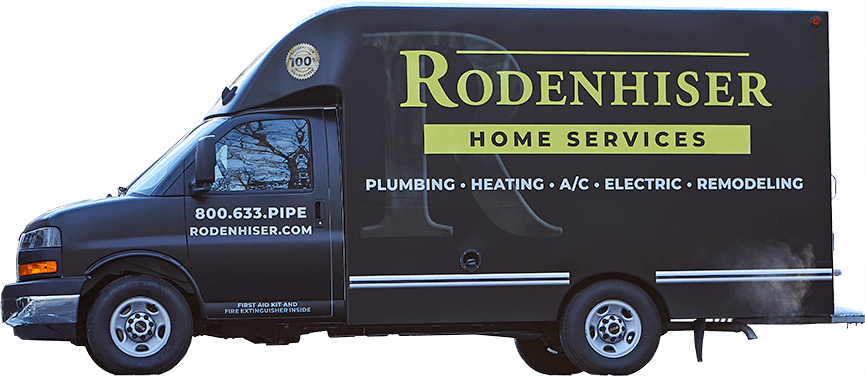
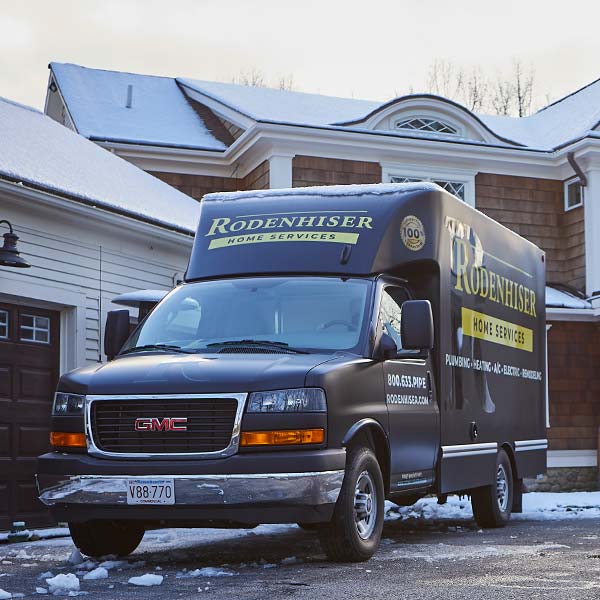

Protecting your home is important. Every home protection plan should include both fire alarms and carbon monoxide detectors for optimum in home safety. Carbon monoxide detectors detect the colorless, odorless gas that can lead to severe health complications or even death. Keep yourself and your family safe from this common indoor pollutant by learning the facts of carbon monoxide.
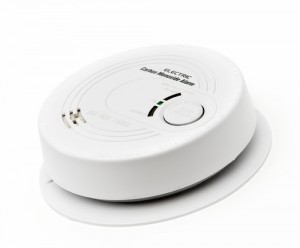
Not to be confused with carbon dioxide, part of the gas we exhale as we breathe, carbon monoxide is produced through the incomplete burning of fuels like wood and propane. The gas is odorless, colorless, poisonous and deadly, which makes it impossible to detect with sense alone. Many people do not even know they are being affected until symptoms begin. The U.S. Consumer Product and Safety Commission estimates that as many as 170 million people die from CO poisoning every year. The Centers for Disease Control and Prevention mention thousands also go to the emergency room for carbon monoxide treatment every year. Most of these incidents occur in the home, and often when the power goes out.
Common symptoms can include:
The Environmental Protection Agency suggestions a number of tips to help keep your home safe. In addition to installing carbon monoxide detectors, you should make sure CO levels are no higher 15 PPM, even near gas stoves. Make sure all gas appliances are maintained with proper adjustments. Choose vented heaters and install exhaust fans whenever possible. Open flues when using a fireplace. Choose a woodstove that meets EPA emission standards if using this method to heat your home. Don't idle your car inside the garage, especially with the door closed.
Always have a trained professional inspect heating systems from furnaces to flues and make repairs promptly. Additional precautions include upgrading your heating and air conditioning system with safety features creating overall cleaner air in your home. For more information about home safety and carbon monoxide detectors, contact your Route 495/128 are experts at Rodenhiser Plumbing Heating and Air Conditioning today.
Image via Shutterstock.com




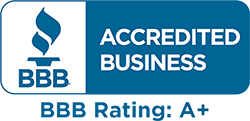
Both Alex and Patrick were knowledgeable, courteous, and professional. They made a change that might have solved the recent problem and have structured a more complete solution. We agreed to this...
Mike was thorough, thoughtful and considerate. Covered their shoes before entering, surveyed my issue and provided an explanation of the services and costs. Great Job!
Alex did a great job providing an explanation of the services provided and went out of his way to offer assistance/advice on other issues outside of our scheduled maintenance visit.
Brian did an excellent job inspecting our 18-year old boiler and replacing some of the accessory hardware that needed it, he also adjusted the outgoing hot water settings for our radiators and...
Rodenhiser is my one stop shop!!! They take care of my HVAC, electrical, and plumbing issues & are always helpful addressing any questions I may have about the systems in my house! Everyone...
Chris G. and Nick V. showed up bright and early at 8am to fix my water heater issue. They were on time, polite and were able to fix an issue that has been plaguing my house for a good year. They...
When you are looking for plumbing, electrical, heating or air conditioning in the Route 495 / 128 area, you will be delighted that you called Massachusetts' trusted choice since 1928.
With a total dedication to professional workmanship and excellent service, discover why families and businesses continue to trust Rodenhiser after generations of service
